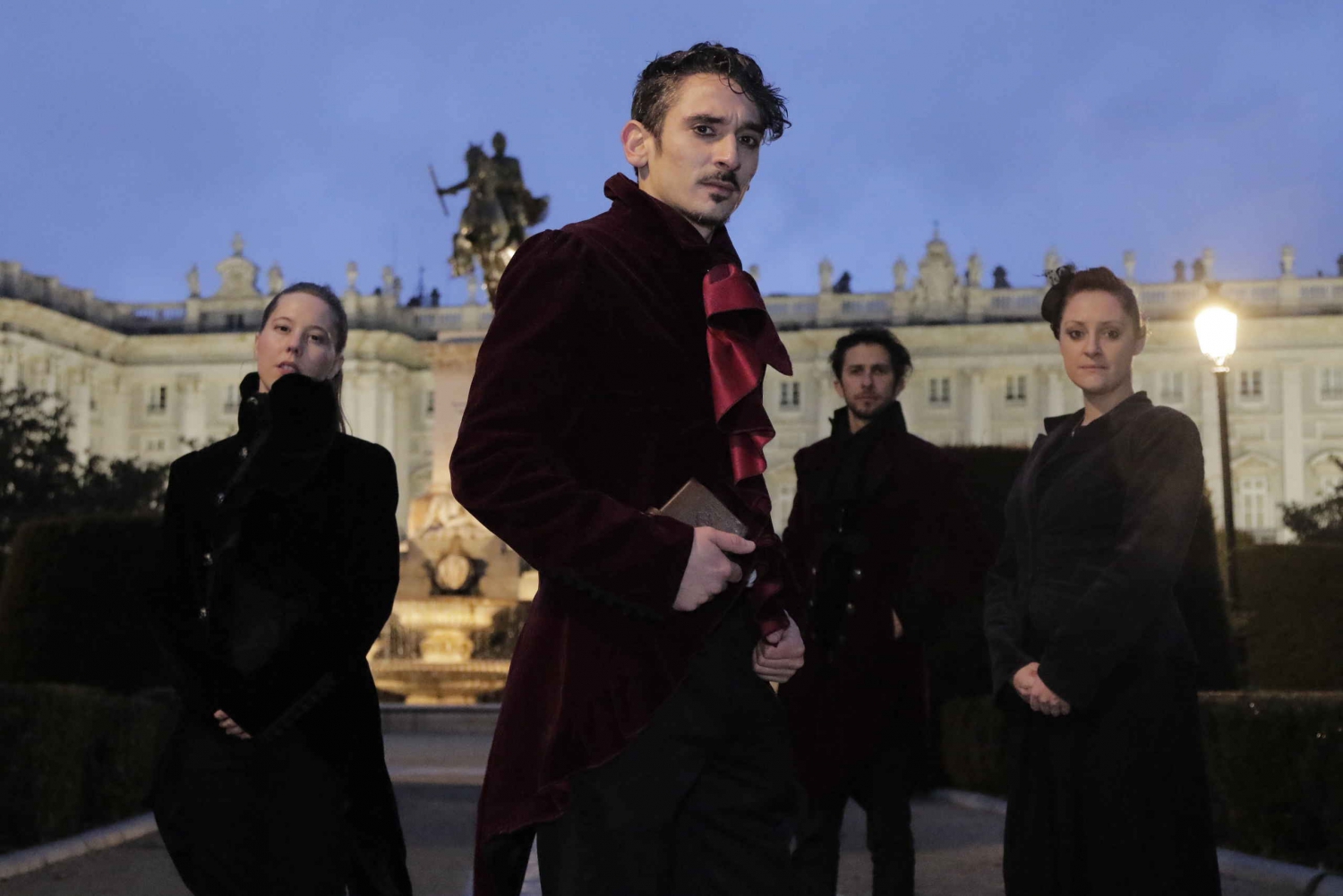



has constructed a false stereotype of S The book is based on a false premise: That the popularized vision of Anglo-Americans of Spain is the product of a direct contact with native Spaniards. This vision and the misnomer "Spanish people" applied to Mexicans, Puerto Ricans, Colombians, Central Americans, etc. of Amerindian or African descent, not of native Spaniards. In fact, the idea of Spain and of "Spanish people" in the US is that of persons of mixed race in the American Spanish Empire, i. The book is based on a false premise: That the popularized vision of Anglo-Americans of Spain is the product of a direct contact with native Spaniards. Cross-cultural and interdisciplinary, ambitious in its chronological sweep, and elegant in its interpretation of literary and visual works, DeGuzman's book leads us to a powerful new understanding of the nature - and history - American ethnicity.more The symbolic power of Spain in the American imagination, DeGuzman argues, is not just a legacy of that nation's colonial presence in the Americas it lives on as well in the "blackness" of Spain and Spainards - in the assigning of people of Spanish origin to an "off-white" racial category that reserves the designation of white for Anglo-Americans.By demonstrating how the Anglo-American imagination needs Spain and Spainards as figures of attraction and repulsion, DeGuzman makes a compelling and illuminating case for treating Spain as the imperial alter ego of the United States. Surveying a broad range of texts and images from Poe's "William Wilson" and John Singer Sargent's "El Jaleo" to Richard Wright's "Pagan Spain" and Kathy Acker's Don Quixote, Spain's Long Shadow shows how the creation of Anglo-American ethnicity as specifically American has depended on the casting of Spain as a colonial alter ego. DeGuzman's work reaches from the late eighteenth century - in the wake of the American Revolution - to the present. England and the Netherlands, Spain's imperial rivals of the sixteenth and seventeenth centuries, imagined Spain as cruel and degenerate barbarians of la leyenda negra (the Black Legend), in league with the powers of "blackest darkness" and driven by "dark motives." In Spain's Long Shadow, Maria DeGuzman explores how this convenient demonization made its way into American c England and the Netherlands, Spain's imperial rivals of the sixteenth and seventeenth centuries, imagined Spain as cruel and degenerate barbarians of la leyenda negra (the Black Legend), in league with the powers of "blackest darkness" and driven by "dark motives." In Spain's Long Shadow, Maria DeGuzman explores how this convenient demonization made its way into American culture - and proved essential to the construction of whiteness.


 0 kommentar(er)
0 kommentar(er)
